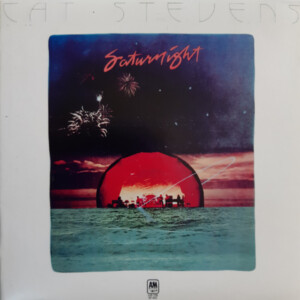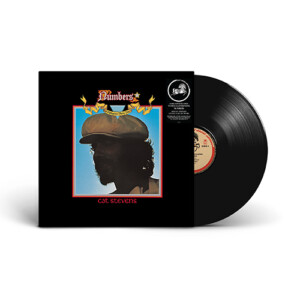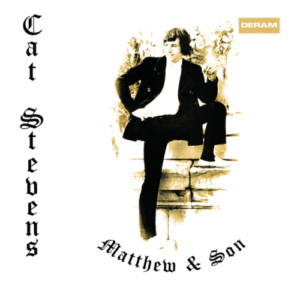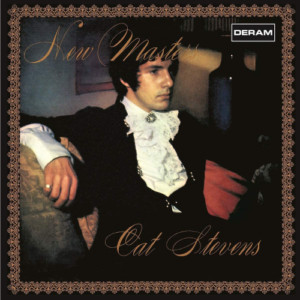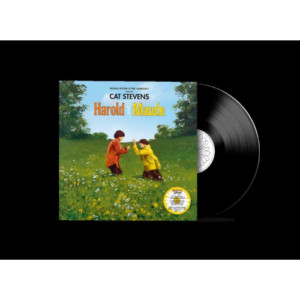Showing all 14 results

Yusuf/Cat Stevens Vinyl Records
After making a successful run at the British charts in the late '60s, Cat Stevens left behind the pop-oriented style of his early days and became one of the most celebrated folk-rock singer/songwriters of the era. It was all thanks to landmark albums like 1970's Tea for the Tillerman and its 1971 follow-up, Teaser and the Firecat. His earthy voice, introspective lyrics, and themes of spirituality struck a chord with audiences around the world, turning songs like "Wild World," "Father and Son," and "Peace Train" into anthems for a generation seeking comfort from the turbulent 1960s. As his popularity peaked in the front half of the '70s, Stevens began to chafe at the effects of his stardom, and after a near-death experience in 1976, he began a religious conversion to Islam. By 1978, he had formally changed his name to Yusuf Islam and retired from popular music before returning in the 1990s.



